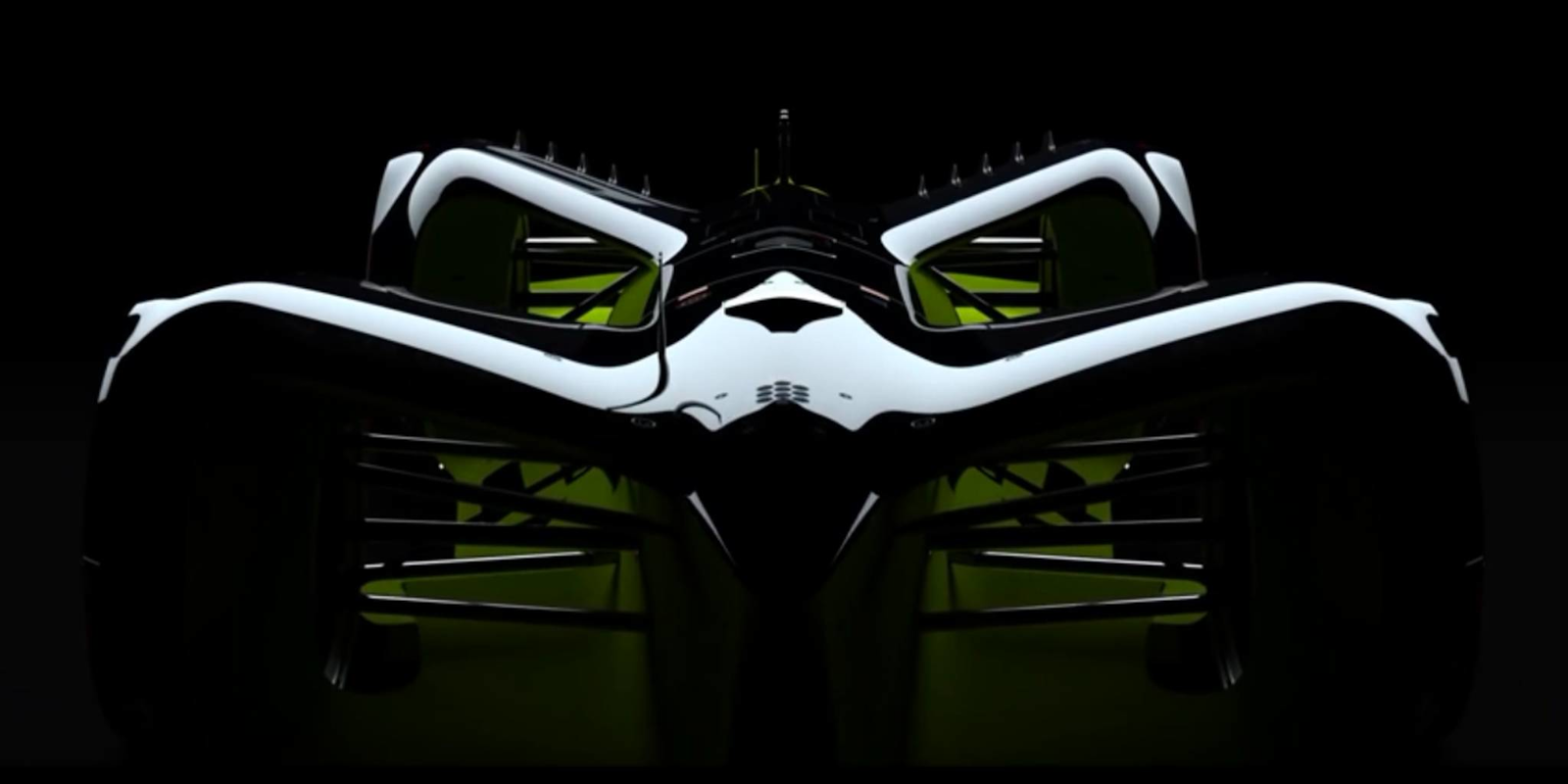The bold new age of self-driving cars is creeping ever closer. The technology is improving at a rapid pace and could soon mark a sea change in how humans transport themselves places.
But self-driving race cars are another matter, as was laid bare by the first ever driverless car race in Buenos Aires. Roborace, a nascent self-driving racing series, hosted the first test of the vehicles in a race format on a professional course this week, and things didn’t go quite as planned.
While one of the two vehicles completed the race—albeit at far lower speeds than human-controlled Formula E racers typically reach—the runner-up didn’t even finish.
To the contrary, the other car reportedly crashed into one of the route’s side barriers, taking it out of commission. It’s no surprise that it’d be tough to engineer a self-driving vehicle to live up to racing standards, given the far higher degree of strain 100-plus mile per hours speeds put on both engineering and technology. But nonetheless, it sounds like some more work is needed.
Sadly, there’s no publicly available video of what exactly happened. Nobody was hurt, however, which is a definitely an advantage of a driverless car wiping out on a walled-off course. The self-driving cars ran on the same track used for the Formula E Buenos Aires ePrix, a huge annual event that draws competitors from around the world.
There is one short piece of video circulating on social media, taken by Diego Zorrero, a racing journalist who was on-site when the robocars ran the track. While it’s unclear at what point the crash happened, everything appeared to be going smoothly from Zorrero’s vantage.
Si, estos dos autos no tienen piloto… son los @roborace, pic.twitter.com/2sSX22XDyd
— Diego Zorrero (@DiegoZorrero) February 18, 2017
Still, even with this embarrassing snafu in the early stages, it’s pretty cool, huh?
It’s impossible to know exactly how removing the human element from racing competitions would affect people’s interest in it, but the prospect is fascinating.
H/T Gizmodo


